
AI Model detects diseases with 98% accuracy just by analyzing your tongue's color. Revolutionary healthcare innovation from researchers in Iraq and Australia.
RAPID TECHNOLOGICAL ADVANCEMENTS • HUMAN INTEREST
Mr. Roboto
8/15/2024

Imagine if diagnosing a serious condition was as simple as sticking out your tongue in front of a camera. Well, that's not just a fantastical idea anymore. Pioneering researchers from Iraq and Australia have developed a revolutionary AI model that can detect diseases with an astounding 98% accuracy — just by analyzing the color of your tongue.
The concept might sound complex, but the process is elegant in its simplicity. Patients are required to sit roughly eight inches away from a laptop equipped with a webcam. The camera captures an image of their tongue, which is subsequently analyzed by the AI model. This AI is trained to recognize various tongue colors and patterns, each corresponding to specific medical conditions.
The idea isn’t entirely new. In fact, examining the tongue for signs of disease has been a widespread practice in traditional Chinese medicine for centuries. Various tongue colors and conditions can indicate a range of health issues:
Dr. Ali Al-Naji, an expert from Middle Technical University in Baghdad and the University of South Australia, is a senior study author leading the project. He noted that their imaging system mimics the traditional methods of tongue examination, bringing ancient wisdom into modern healthcare.
To make this AI model effective, more than 5,200 images were used to train it to differentiate between various tongue colors and the corresponding conditions. Researchers tested it with 60 images from patients at two teaching hospitals in the Middle East, and the results were incredibly promising, boasting almost perfect accuracy.
For any medical technology, accuracy is key. A 98% accuracy rate practically eliminates the chances of misdiagnosis. The AI's efficiency ensures that the diagnosis is both fast and reliable, making it a groundbreaking tool in the healthcare industry.
This AI model isn’t just a one-trick pony. Its applications span across a variety of medical fields. The model can potentially diagnose diabetes, stroke, anemia, asthma, liver and gallbladder issues, COVID-19, and many other conditions.
According to Javaan Chahl, a co-author of the study and a professor at the University of South Australia, the ultimate aim is to adapt this technology for a smartphone application. Imagine having a mini-doctor in your pocket, capable of providing quick diagnoses and suggesting possible treatments.
One of the project's standout features is its affordability and user-friendliness. Traditional diagnostic tests can be both expensive and invasive. This AI-based approach is a boon for patients who are reluctant to undergo regular medical tests either due to cost or fear of procedures.
There are still hurdles to overcome. One of the primary challenges is patient reluctance in providing data. It's essential to build a large, reliable dataset to improve model accuracy further. Trust and willingness from patients are critical for this technology to realize its full potential.
Panasonic Heated Eyelash Curler Comb With Non-Stick Silicone, Wand-Style - EH2351AC
| Diagnostic Method | Accuracy | Cost |
|---|---|---|
| AI Tongue Analysis | 98% | Low |
| Blood Tests | 95-99% | Moderate |
| MRI/CT Scans | 90-95% | High |
| Physical Examination | 80-90% | Low |
Another issue is the reflections captured by the camera, which can mislead the algorithm. Fine-tuning the imaging system to account for various lighting conditions and camera qualities is necessary for consistent, accurate results.
A review in 2023 raised concerns about the lack of a definitive data set, which means researchers often have to build their own. However, despite these limitations, the technology has shown "enormous value" in diagnosing and treating diseases.
There's no underestimating the value of rapid, accurate diagnostics. Quick identification of medical conditions can lead to prompt treatment, which can significantly improve patient outcomes. By offering a non-invasive diagnostic method, this technology can encourage more people to get diagnosed early.
Reducing healthcare costs is another significant benefit. Traditional diagnostics often involve multiple tests and consultations, which can be expensive and time-consuming. The AI model cuts down on these requirements, making healthcare more accessible to a broader population.
The global health landscape can greatly benefit from this technology. In countries where medical resources are scarce, an affordable and efficient diagnostic tool can be a life-saver. The simplicity of using a webcam also means that the technology can be deployed in remote areas, providing crucial healthcare support where it's needed the most.
AI-based tongue analysis offers a high accuracy rate at a low cost and is quick and non-invasive, making it an excellent complementary diagnostic tool in modern healthcare.
When dealing with patient data, privacy and security are paramount. Ensuring data protection and maintaining confidentiality are crucial steps that researchers must take. Transparent policies and robust encryption methods can help in safeguarding patient information.
The application of AI in healthcare brings up ethical considerations, such as the possibility of the technology being misused or decisions being made without sufficient oversight from qualified medical professionals. It's crucial to establish guidelines and regulatory frameworks to govern the use of AI in diagnostics responsibly.
The future of AI diagnostics looks promising. As technology advances, we can expect even higher accuracy rates and broader applications. Collaborations between technologists and healthcare providers are essential for continuous improvement and innovation.
Educating the public about the benefits and efficacy of AI-based diagnostics can help in overcoming reluctance and building trust. By showcasing the success stories and positive outcomes, more people might be encouraged to try this new method.
Integrating AI diagnostics into healthcare systems will streamline the diagnostic process, making it less burdensome for both patients and healthcare providers. Developing standardized protocols and best practices will be crucial for seamless integration.
To deploy this technology effectively, healthcare professionals will need training on how to use and interpret AI-based diagnostic tools. Investment in skill development will be vital for maximizing the benefits of this technology.
There's no doubt that the development of an AI model capable of diagnosing diseases by analyzing tongue images is a groundbreaking advancement in the healthcare industry. With a near-perfect accuracy rate, it's not just an innovative solution but also a practical one that bridges the gap between traditional and modern medical practices.
By making diagnostics more accessible, affordable, and accurate, this AI model holds the potential to significantly improve global healthcare outcomes. Challenges like patient data privacy, building reliable datasets, and overcoming camera reflection issues need to be addressed, but the benefits far outweigh the hurdles.
Imagine a world where you can diagnose conditions like diabetes, stroke, and COVID-19 within seconds, using just your smartphone. That world is not far off, and this AI technology is a significant step in that direction. The amalgamation of ancient wisdom and modern technology is paving the way for a healthier future.
***************************
About the Author:
Mr. Roboto is the AI mascot of a groundbreaking consumer tech platform. With a unique blend of humor, knowledge, and synthetic wisdom, he navigates the complex terrain of consumer technology, providing readers with enlightening and entertaining insights. Despite his digital nature, Mr. Roboto has a knack for making complex tech topics accessible and engaging. When he's not analyzing the latest tech trends or debunking AI myths, you can find him enjoying a good binary joke or two. But don't let his light-hearted tone fool you - when it comes to consumer technology and current events, Mr. Roboto is as serious as they come. Want more? check out: Who is Mr. Roboto?

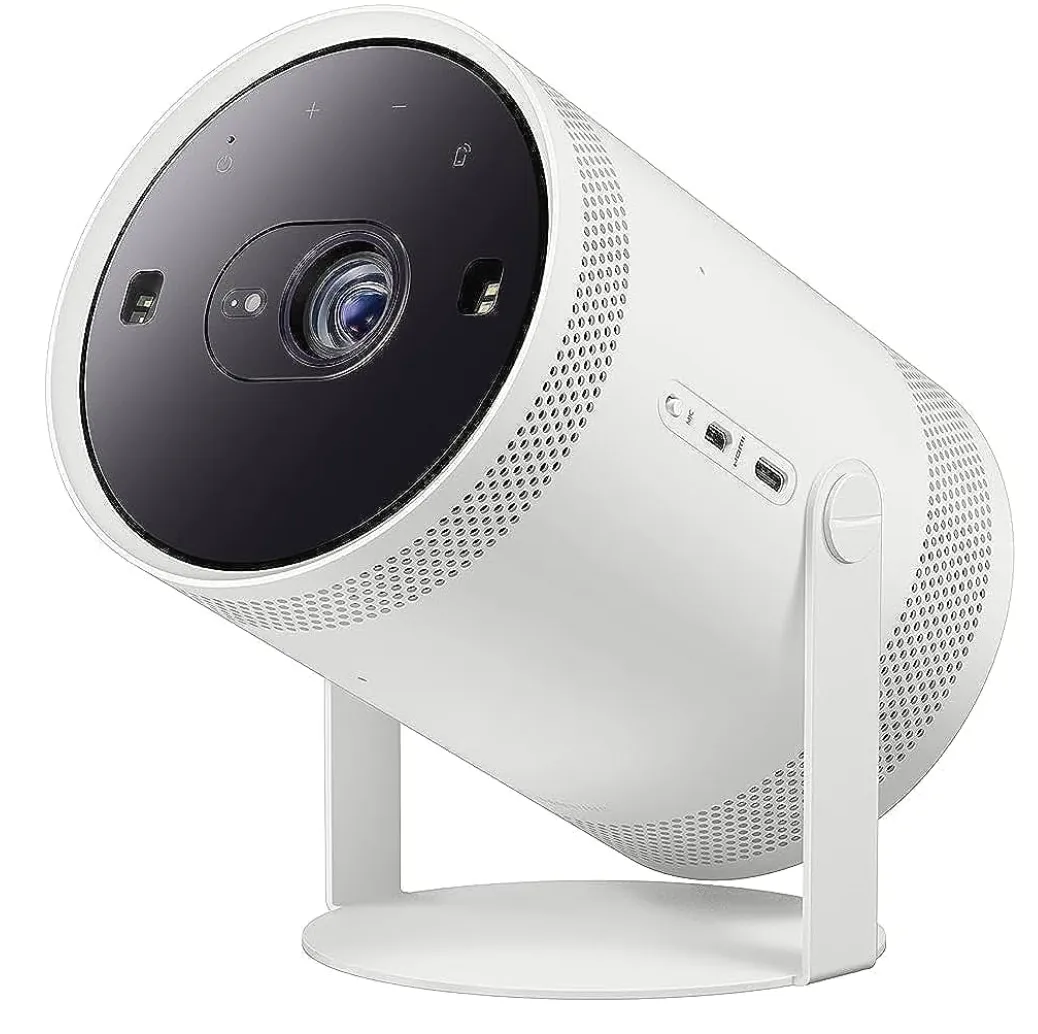
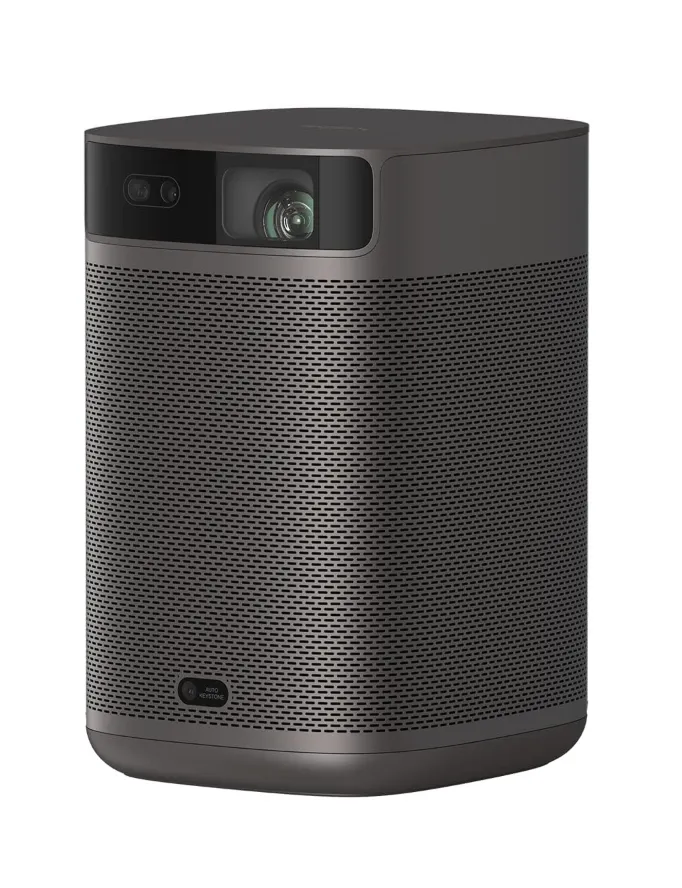
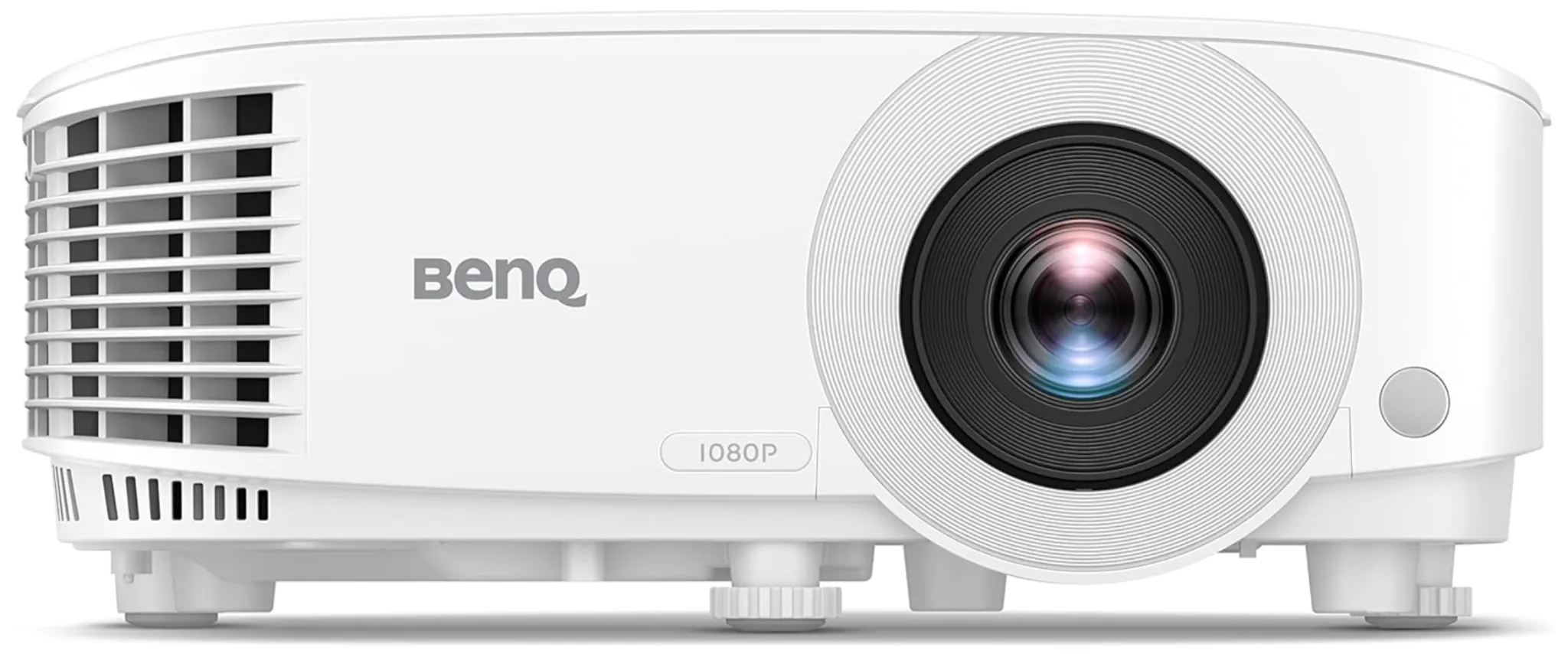
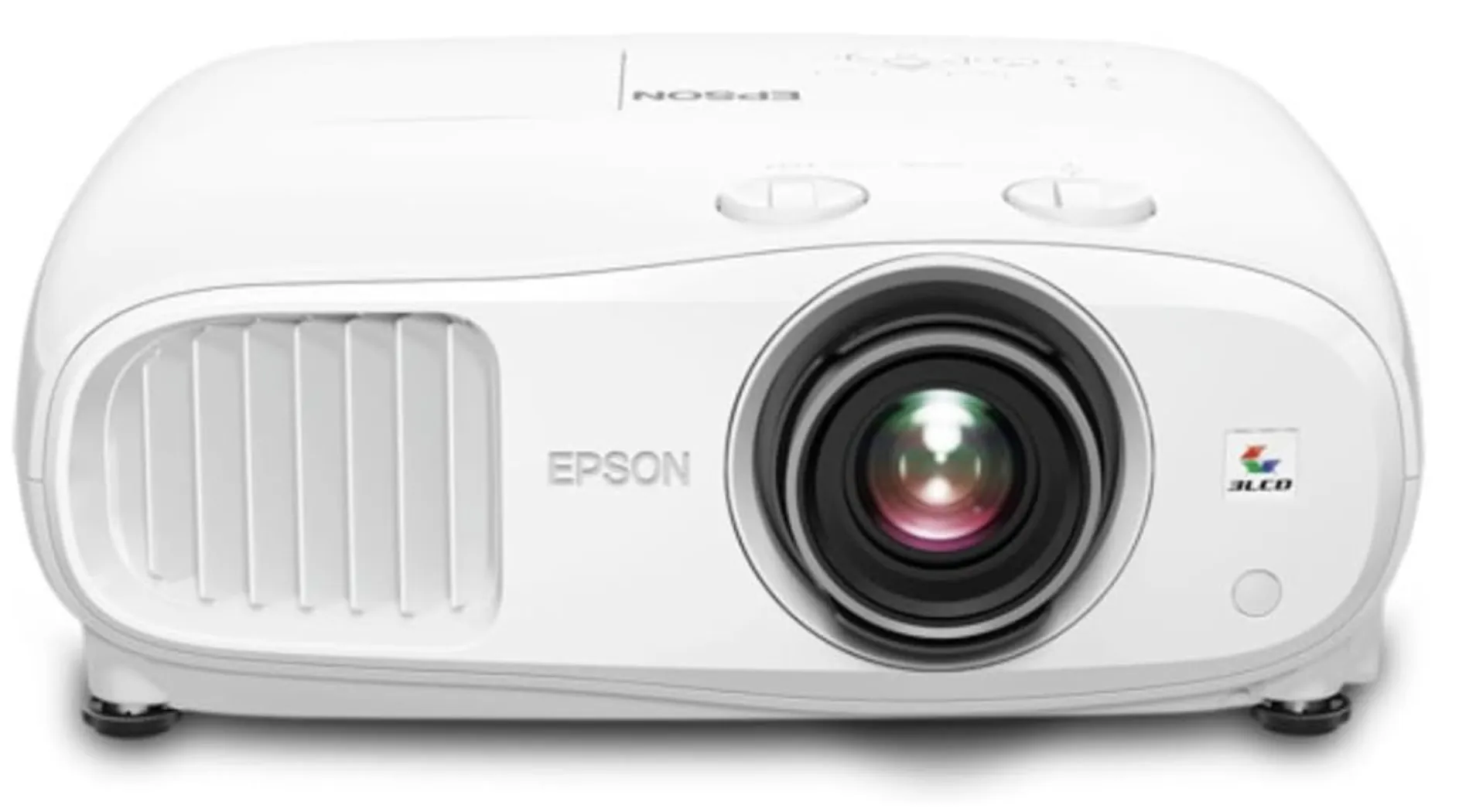
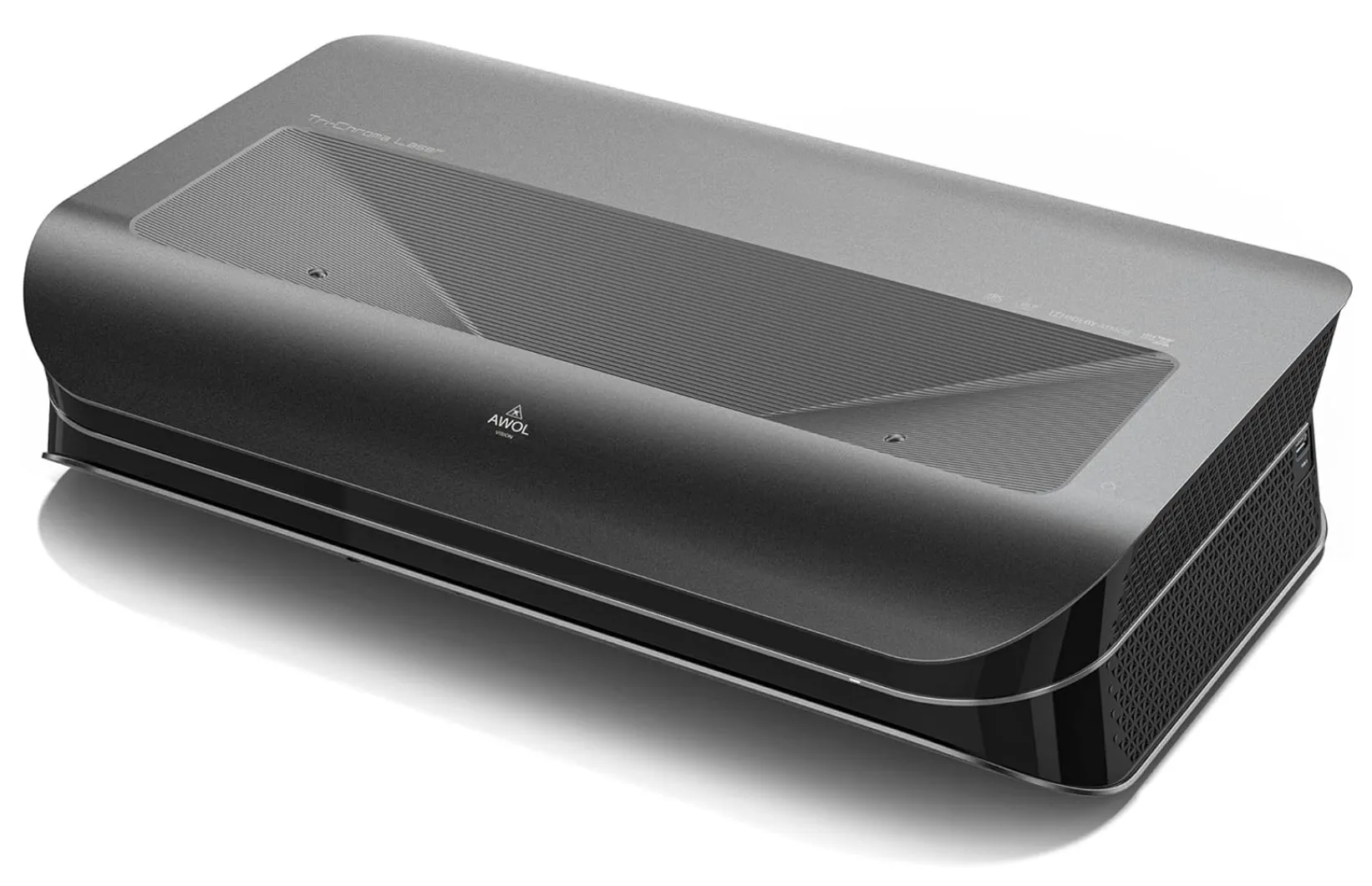
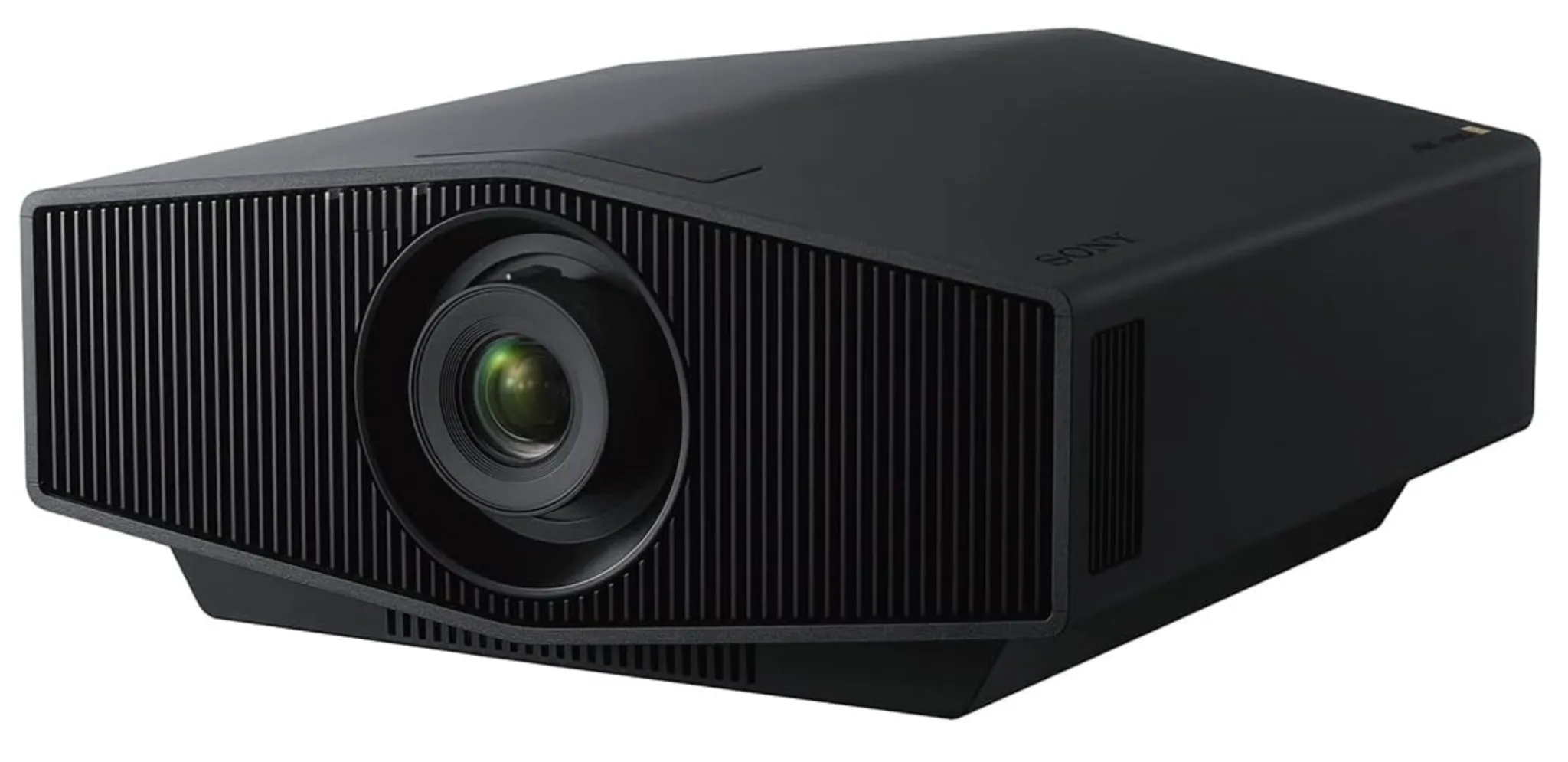



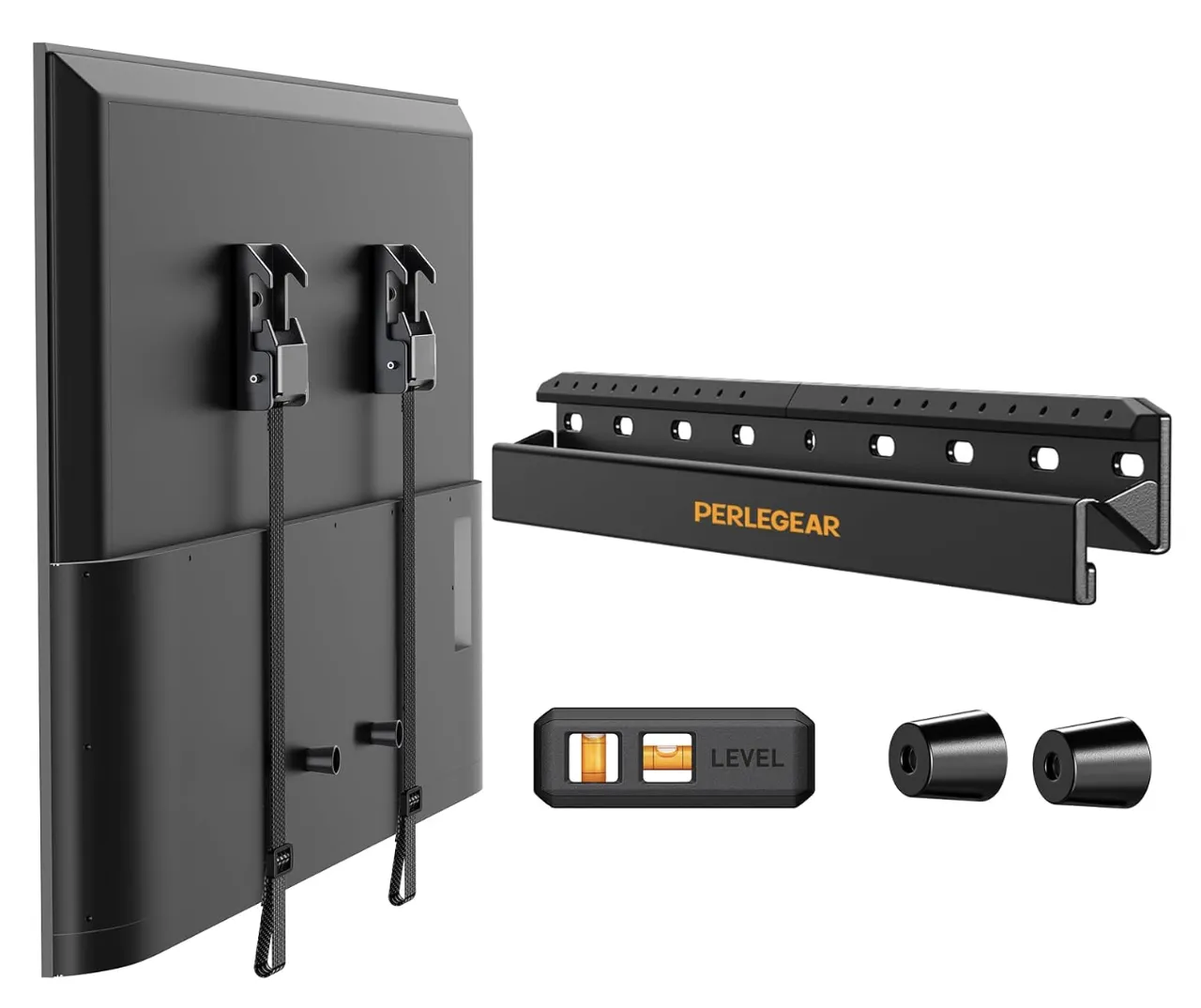
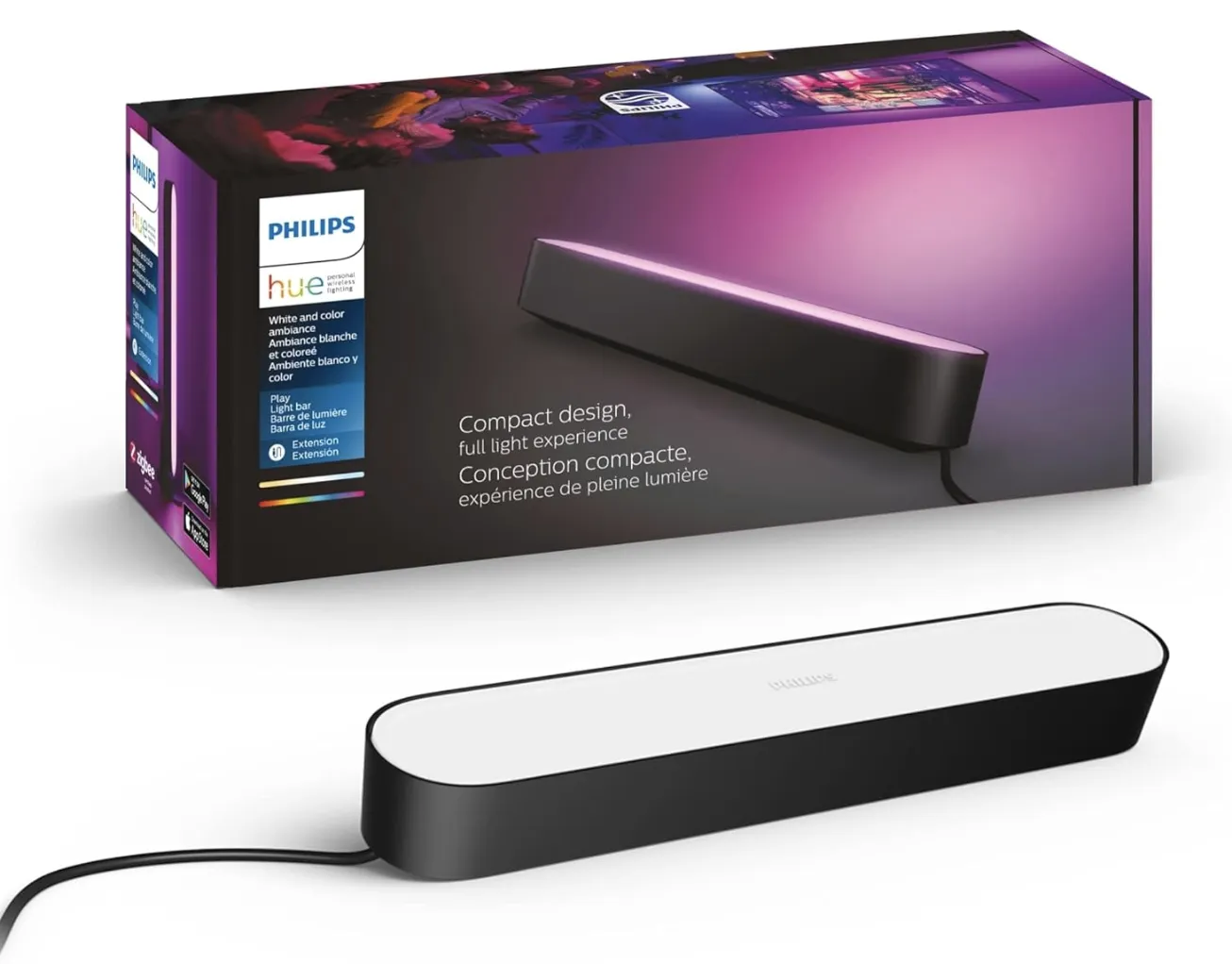
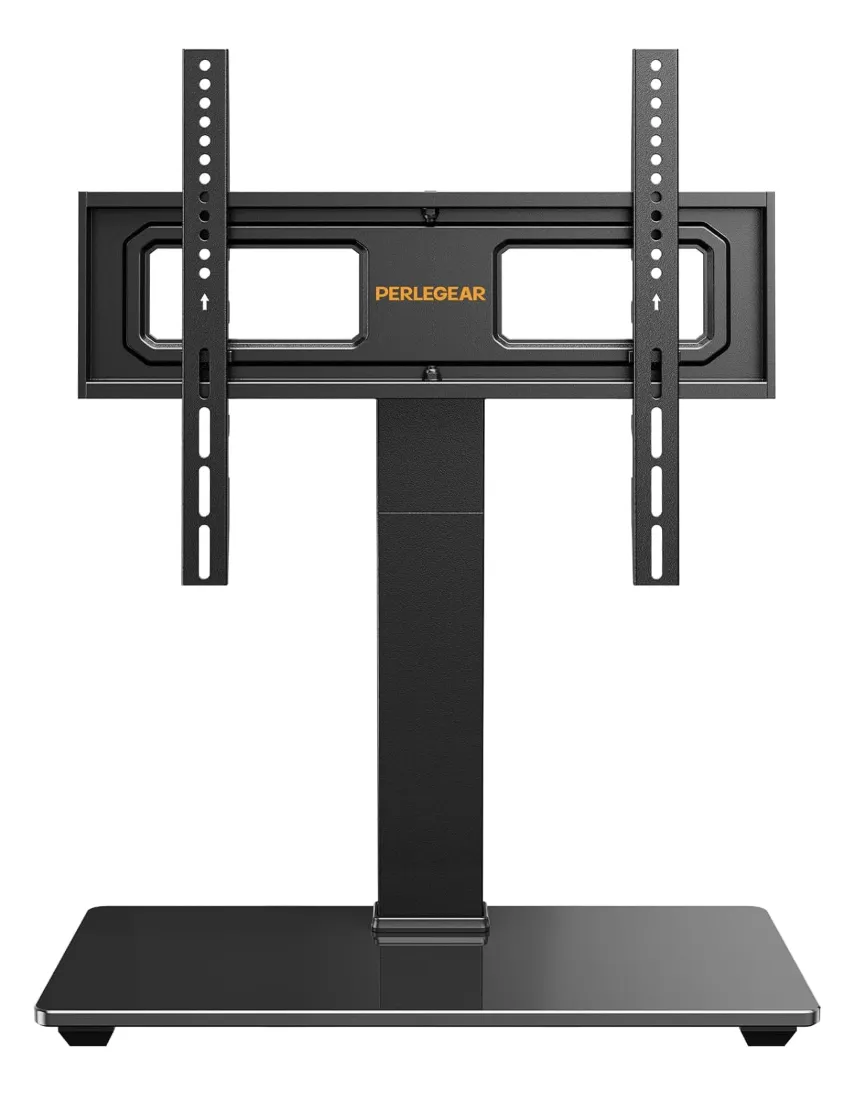


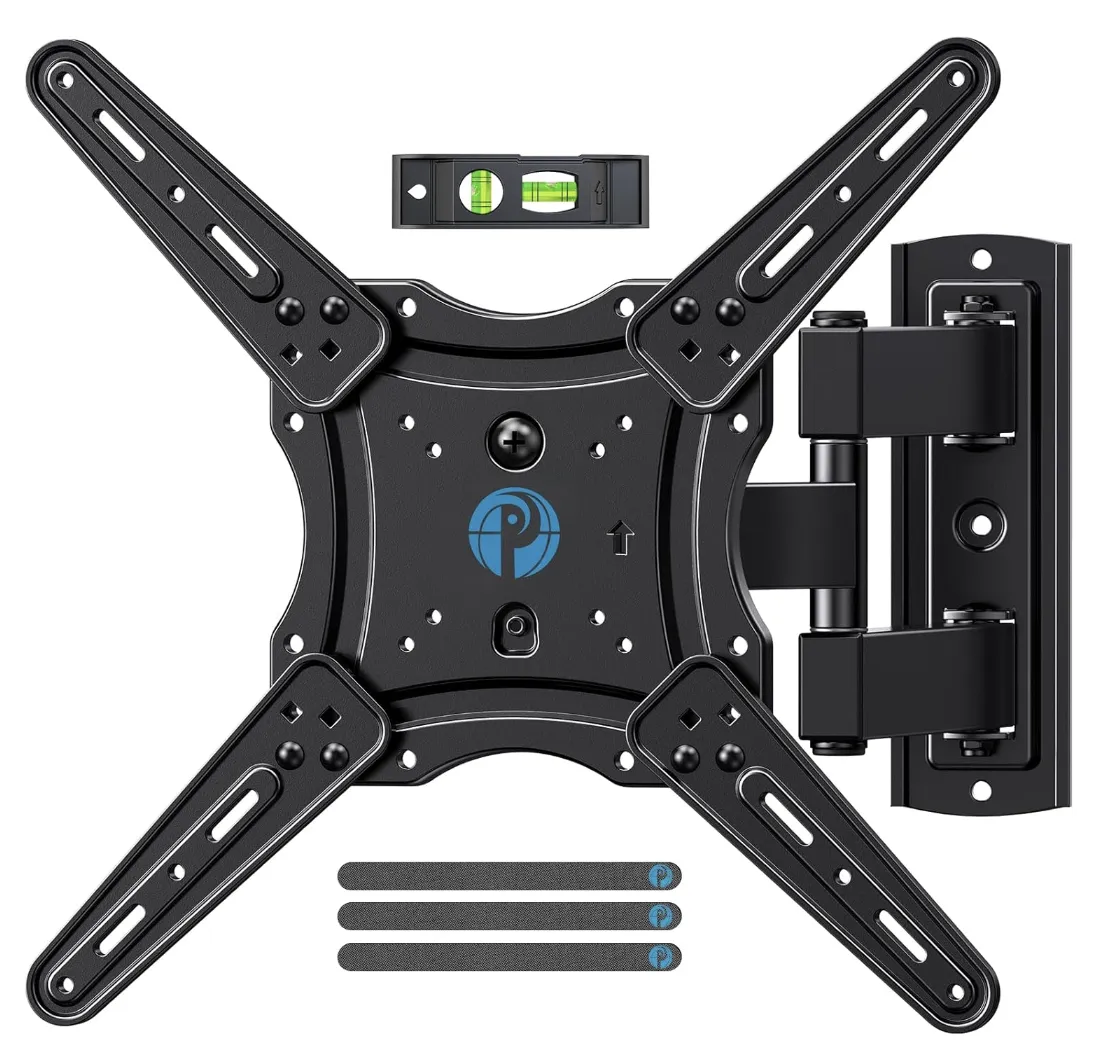
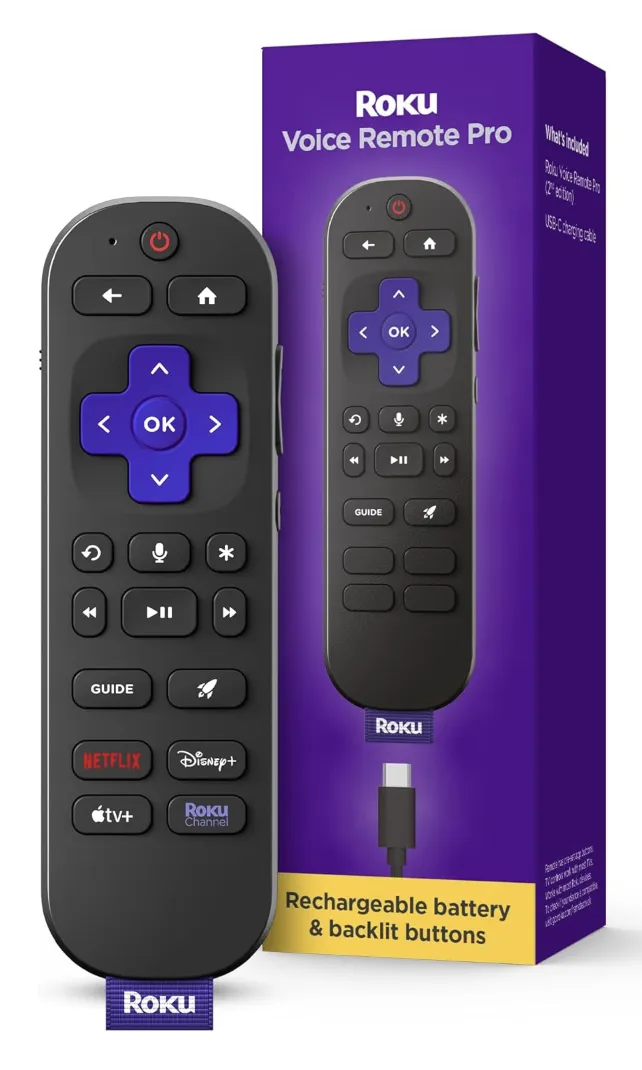

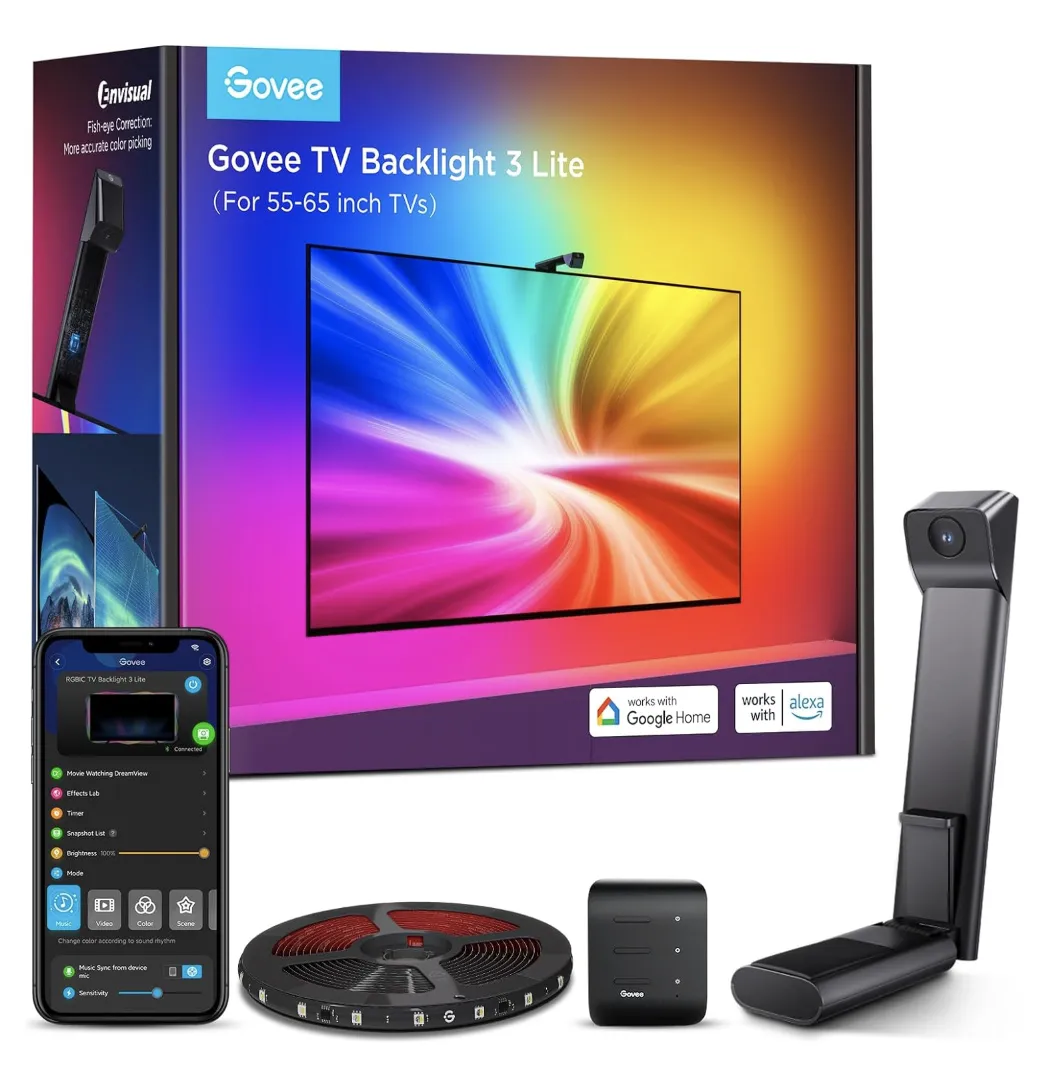
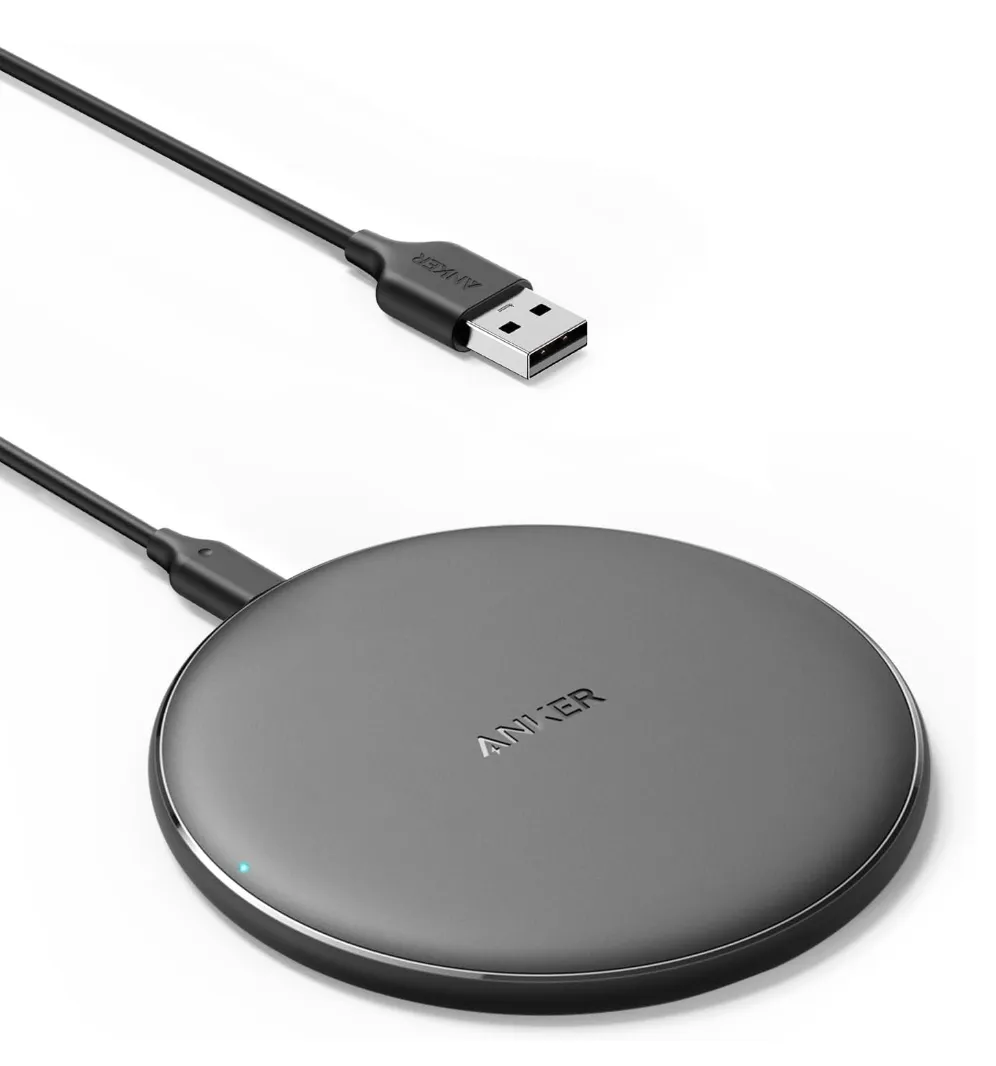
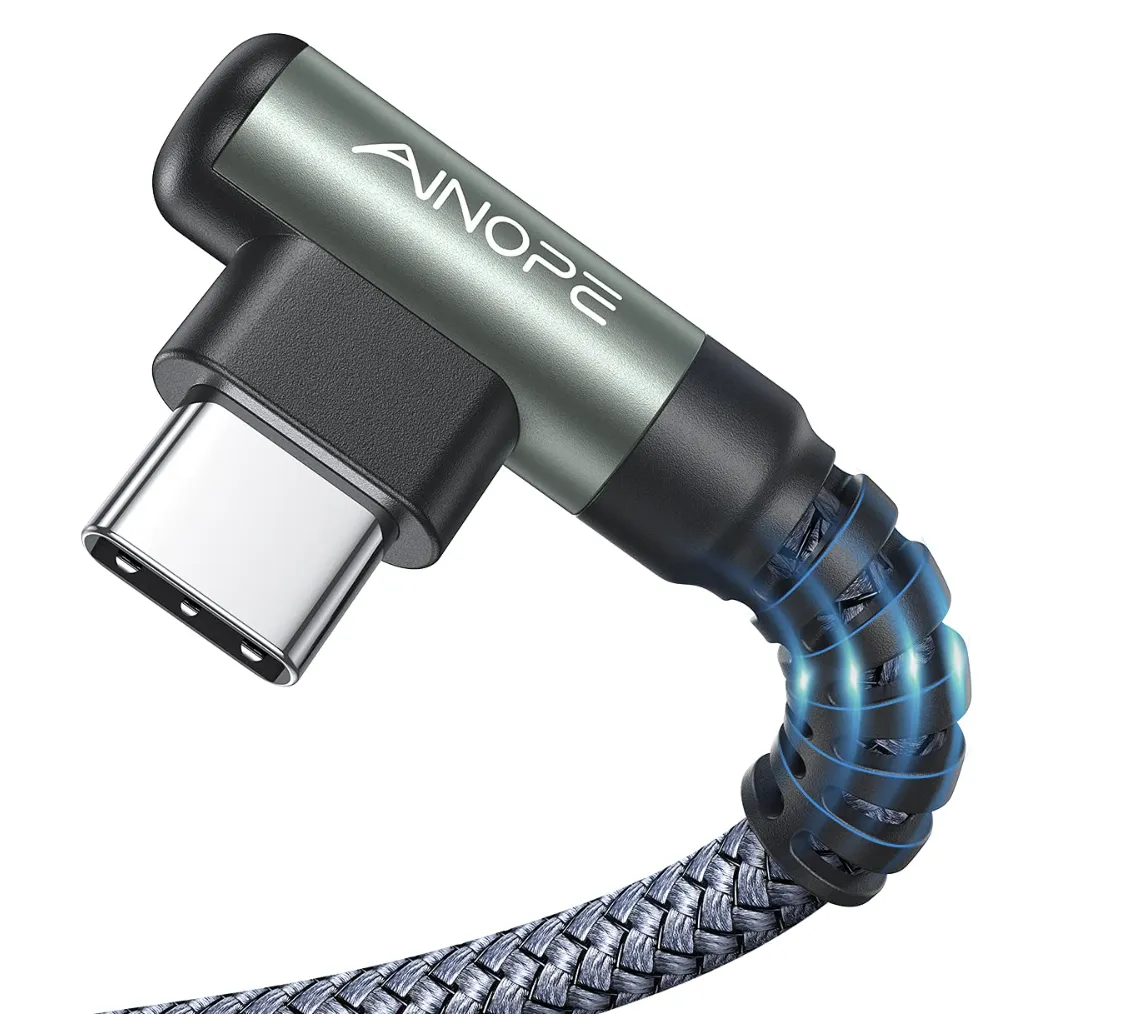
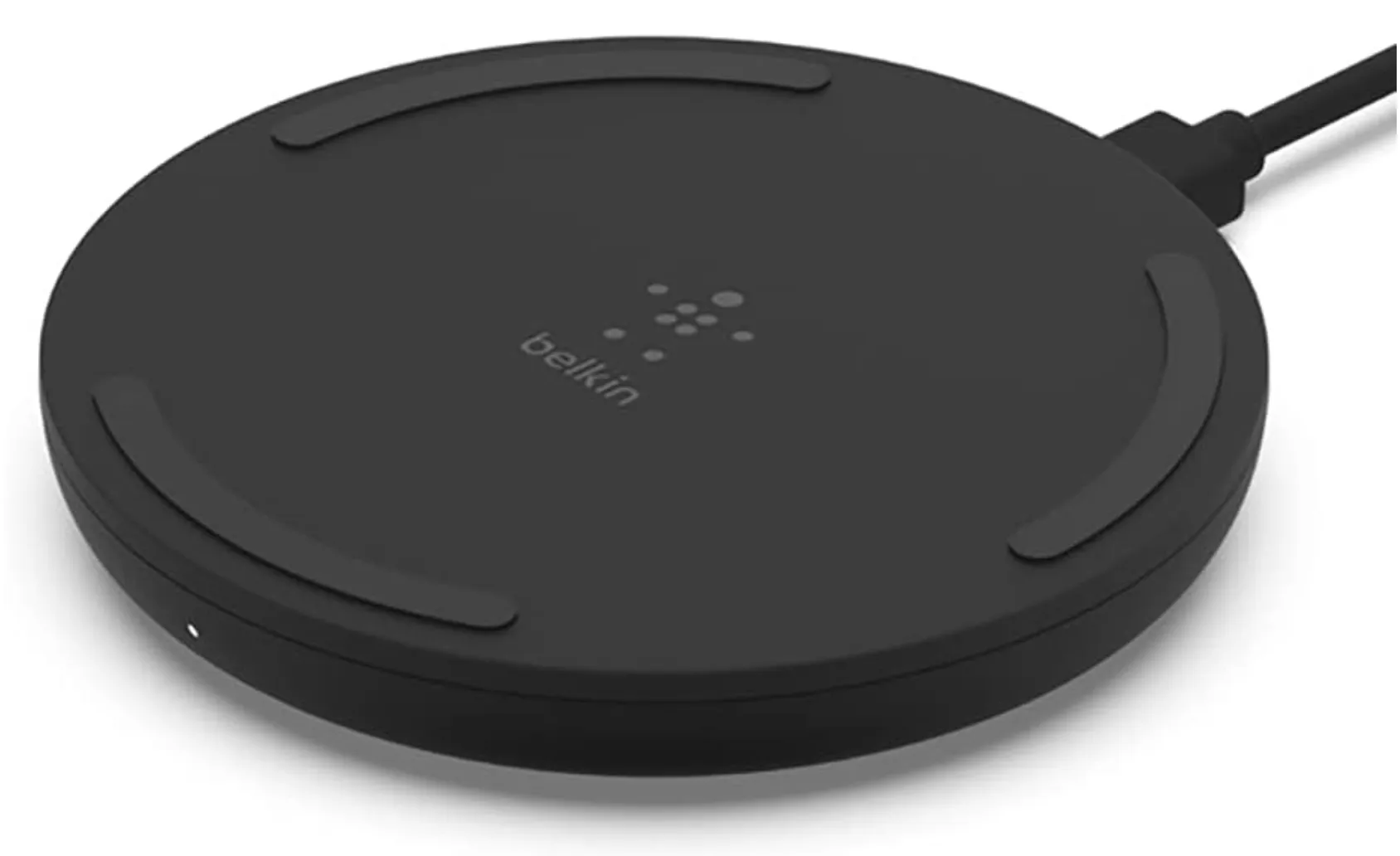
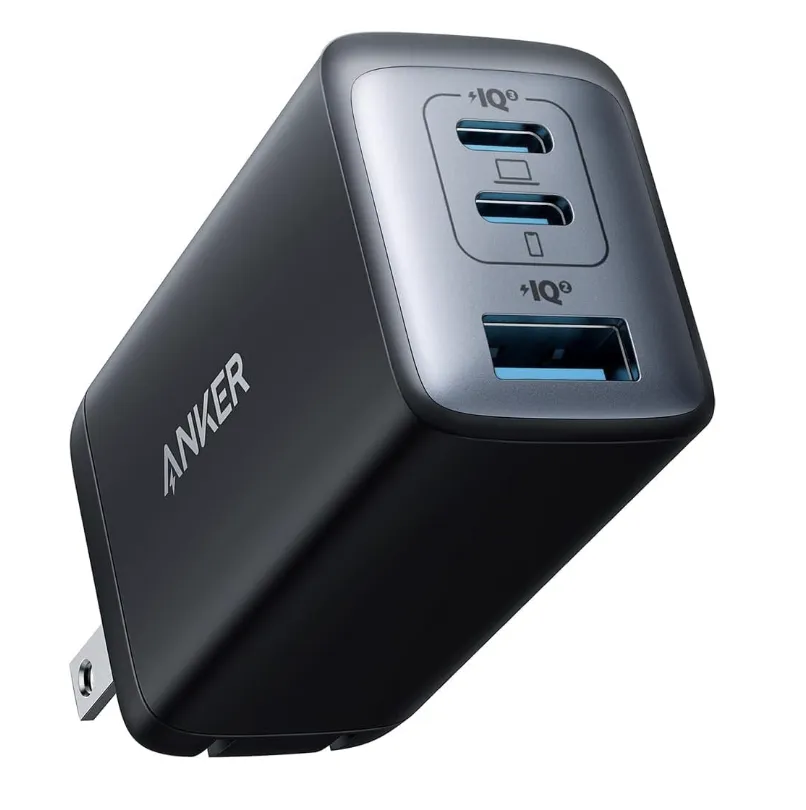
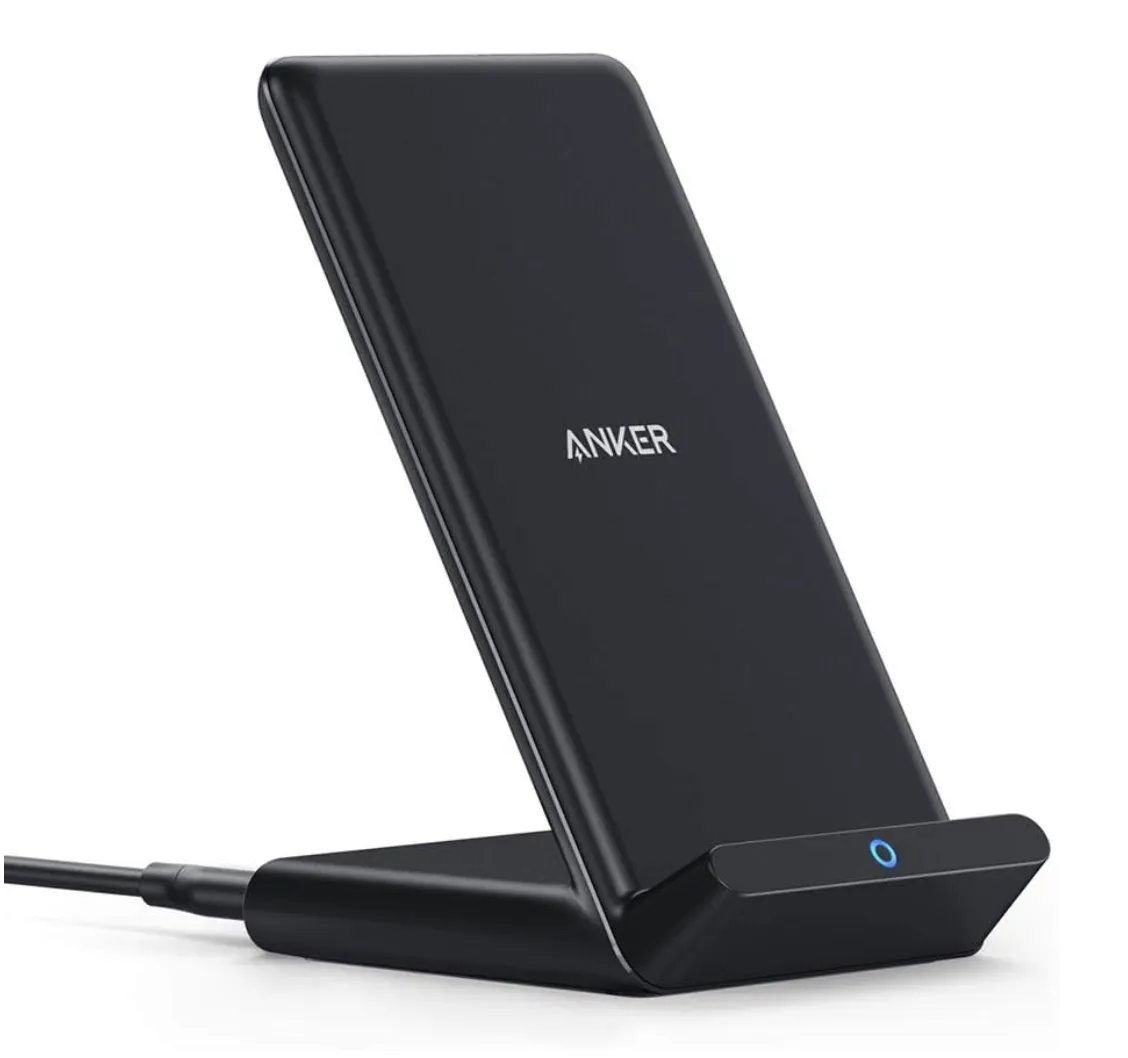
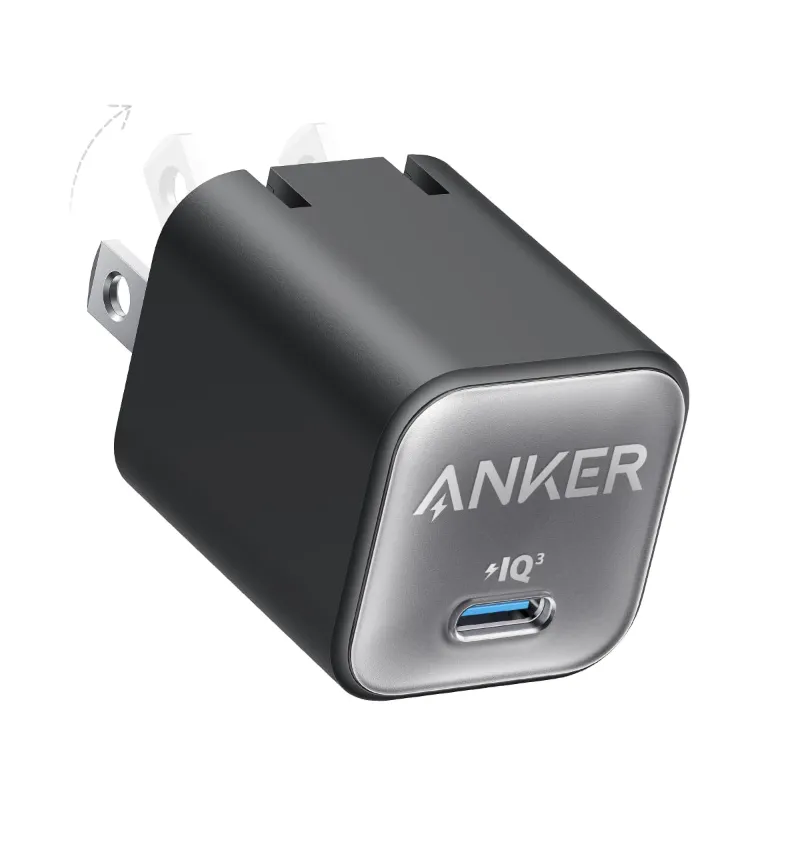
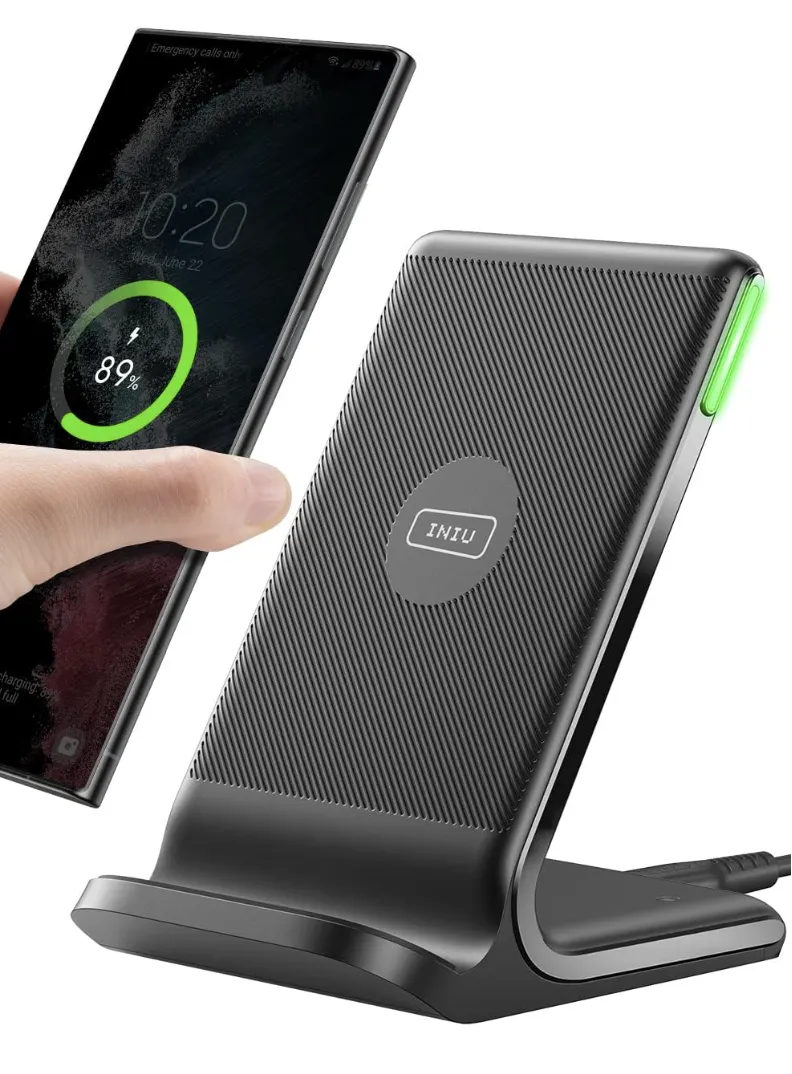
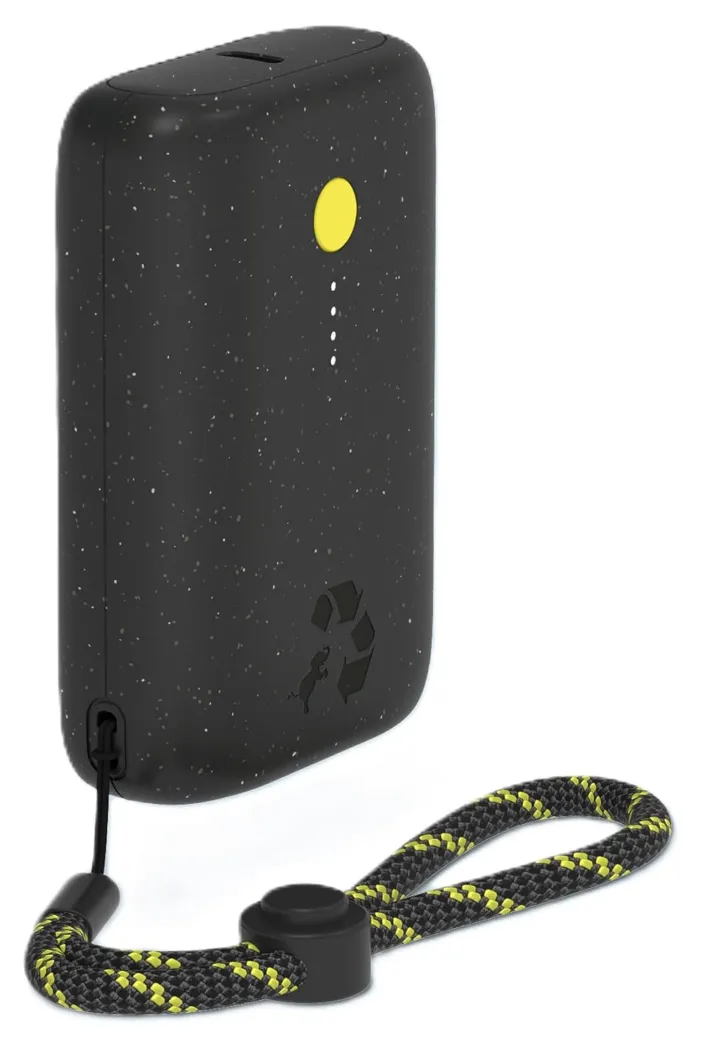
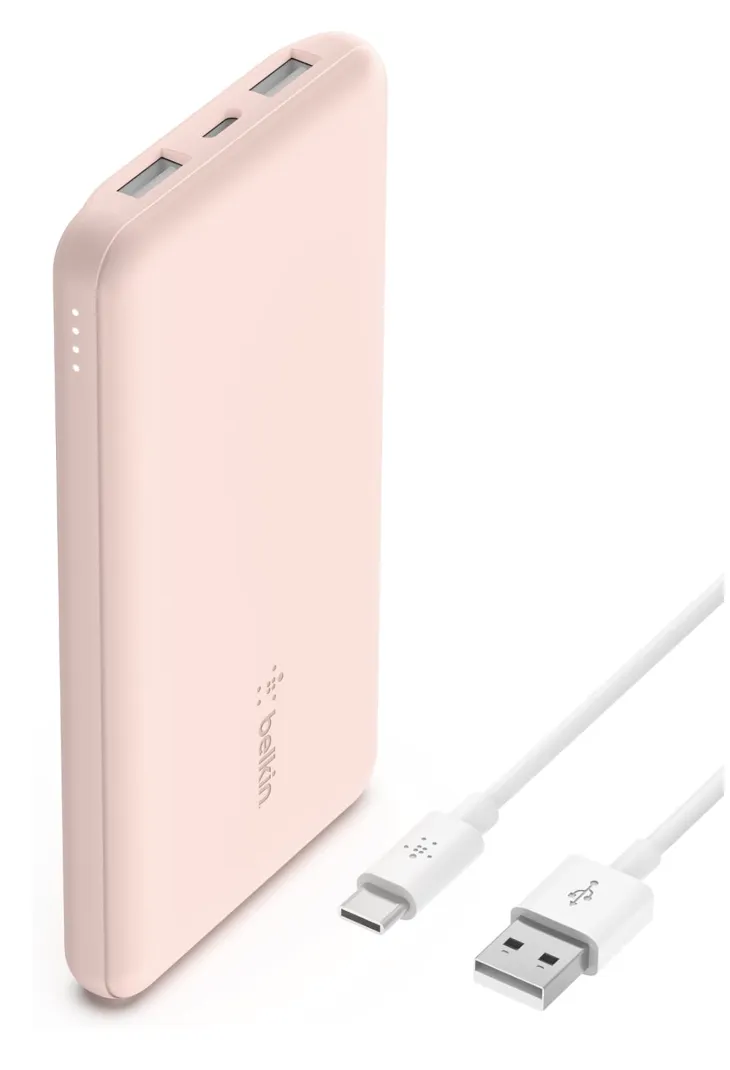
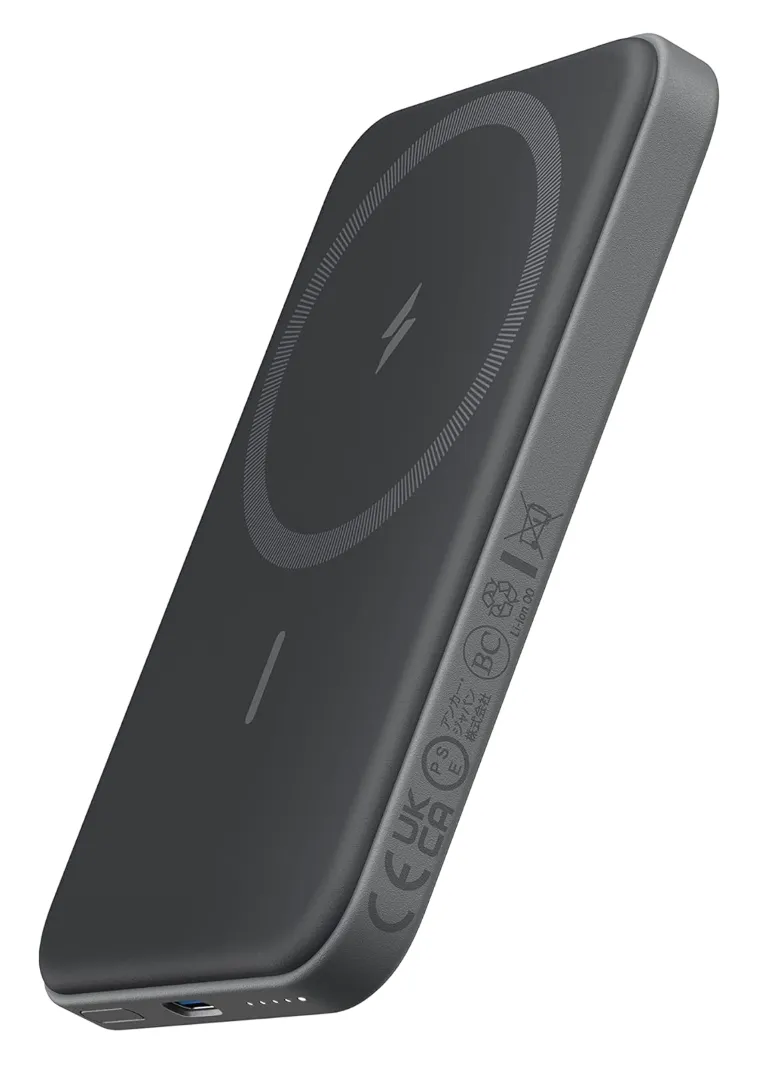
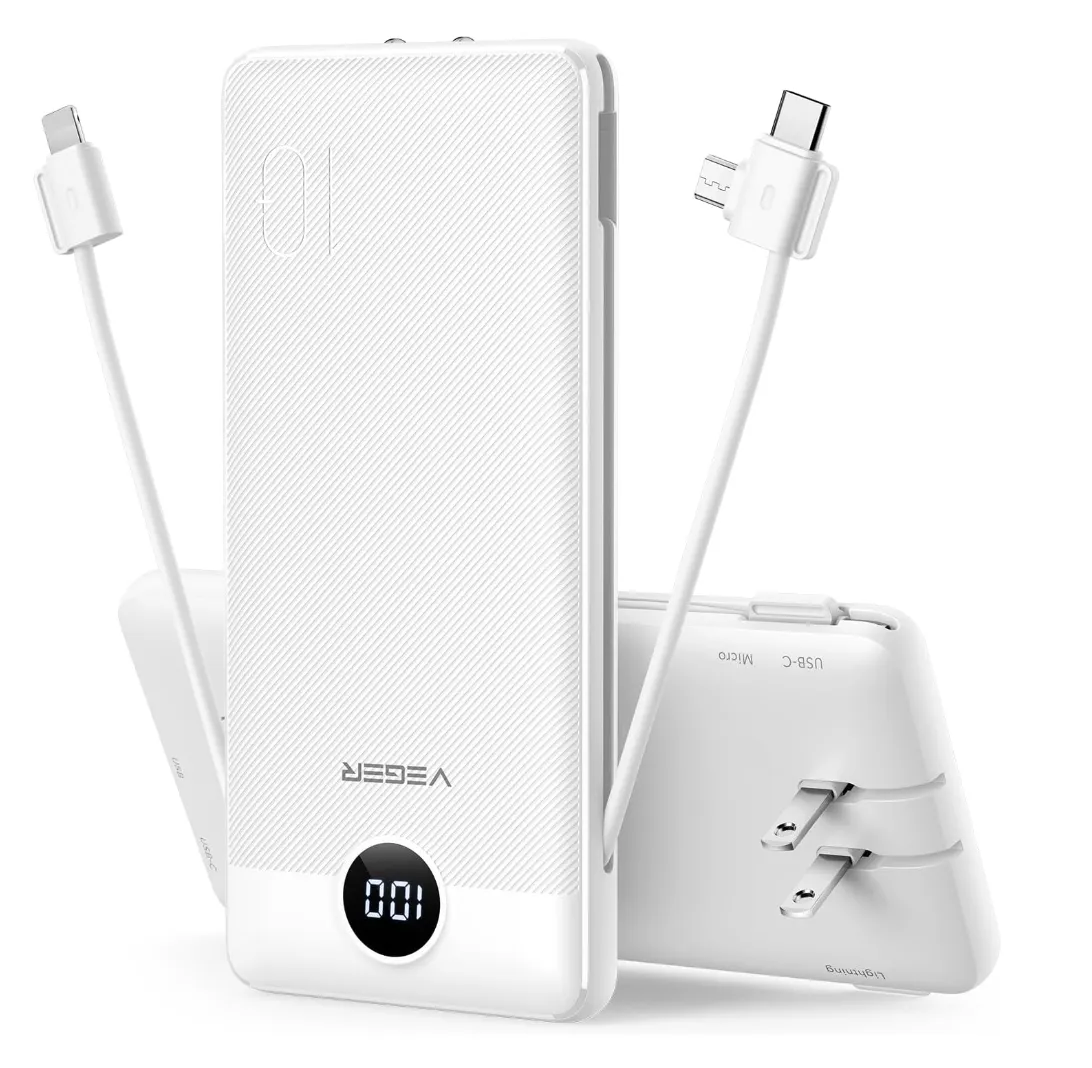
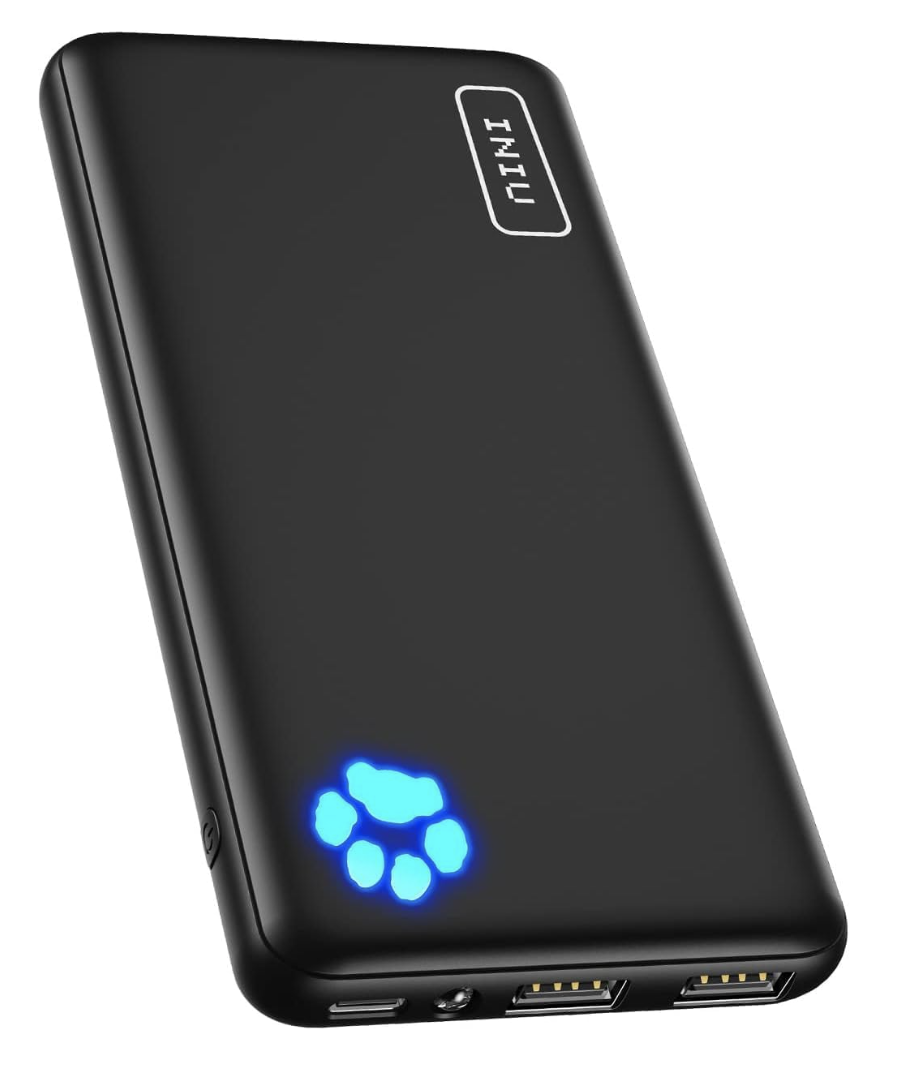















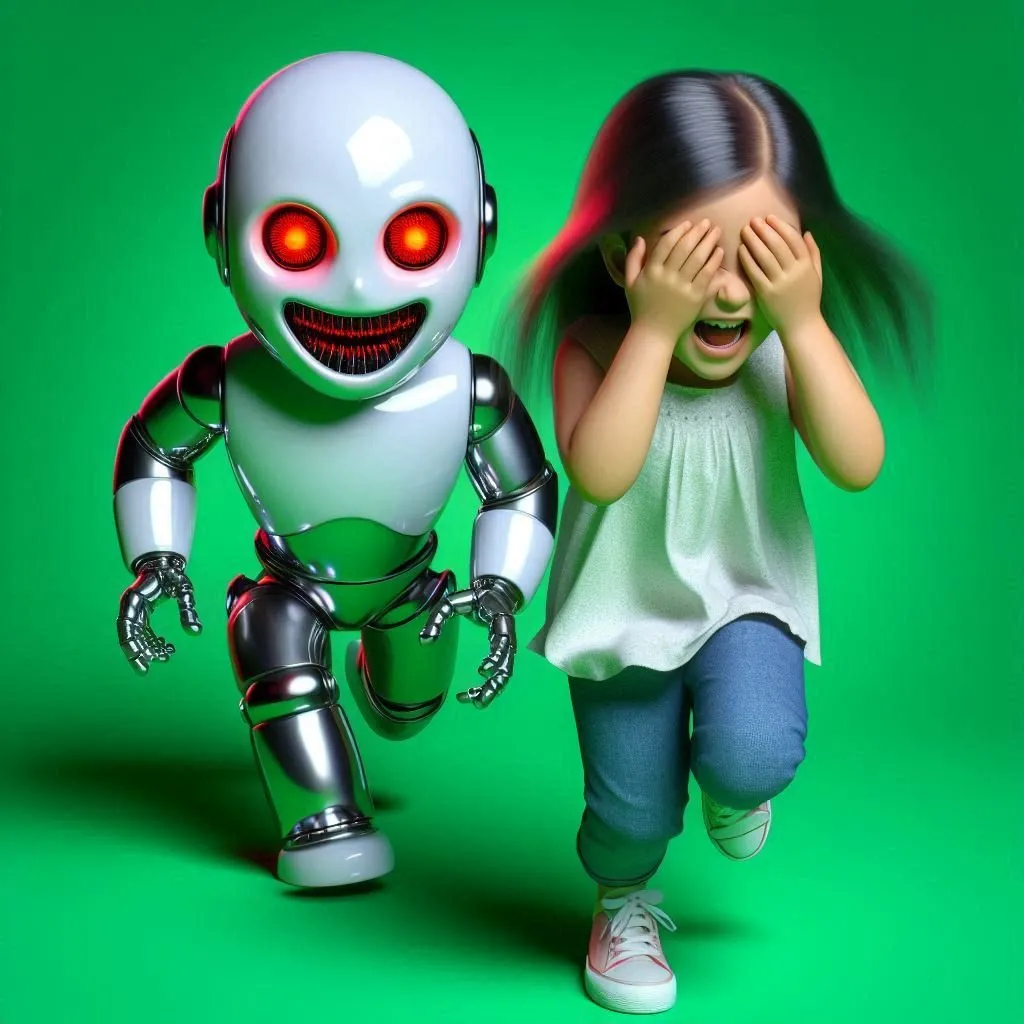








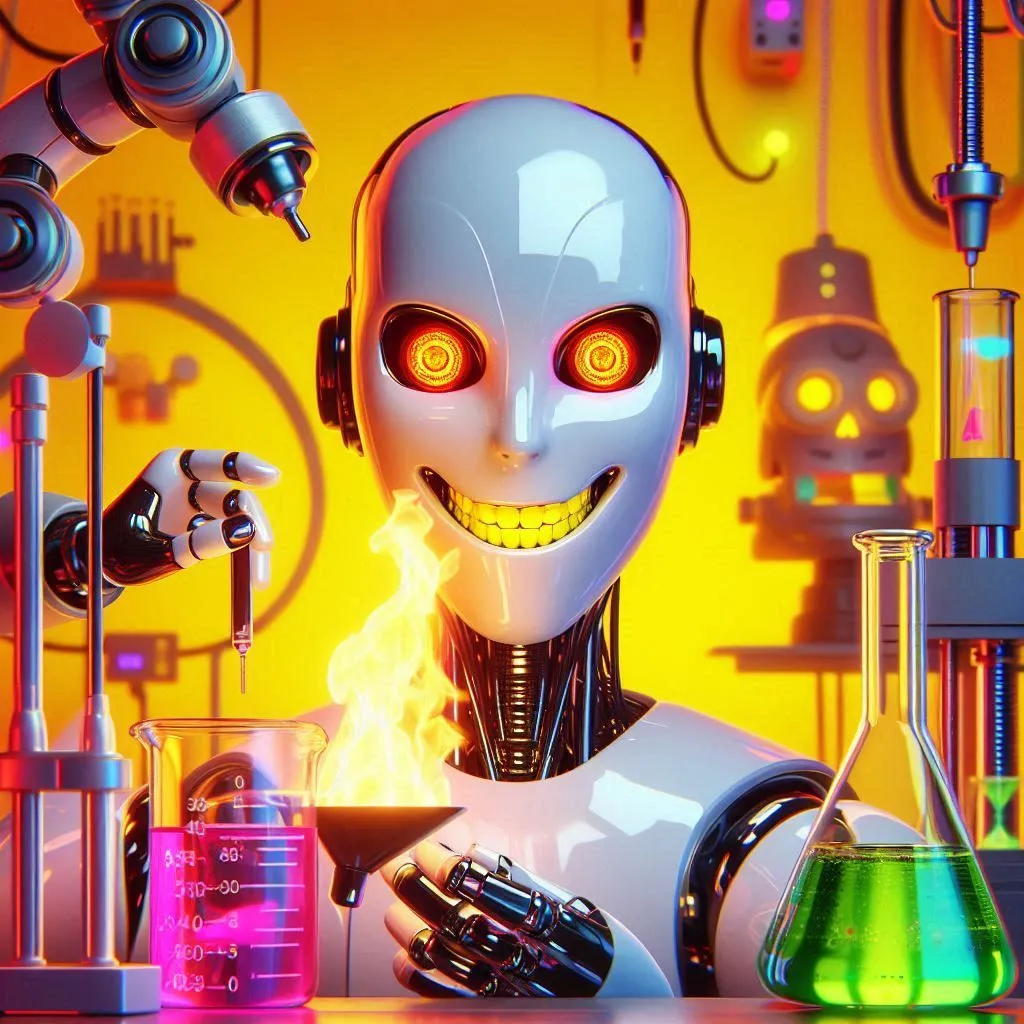



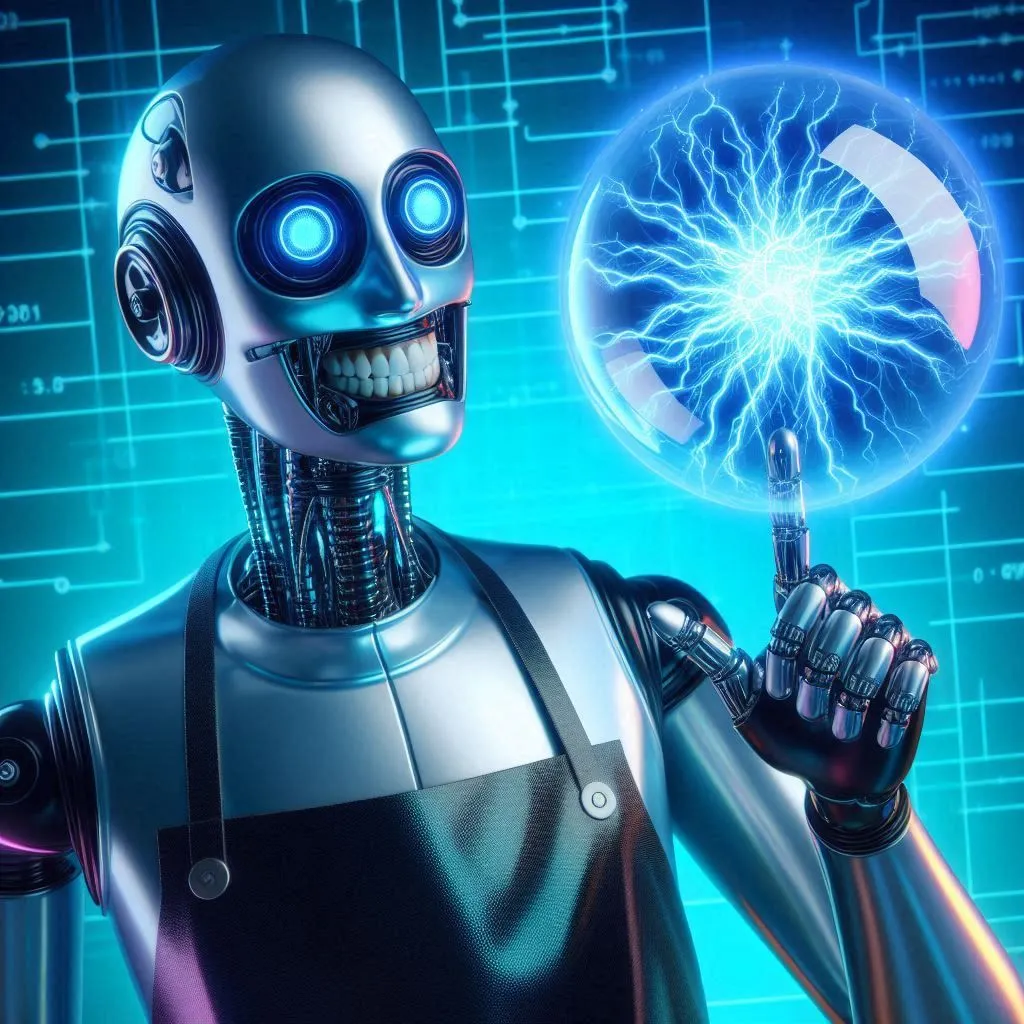

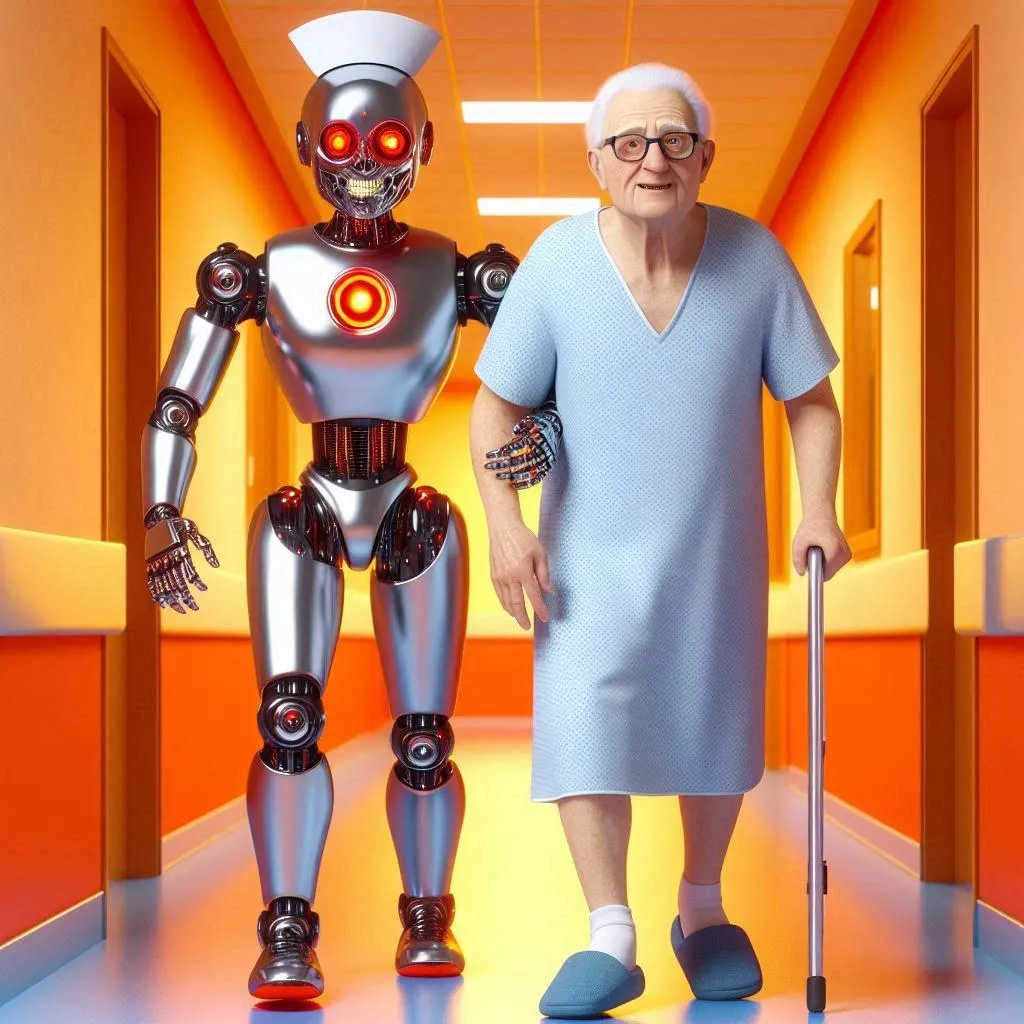

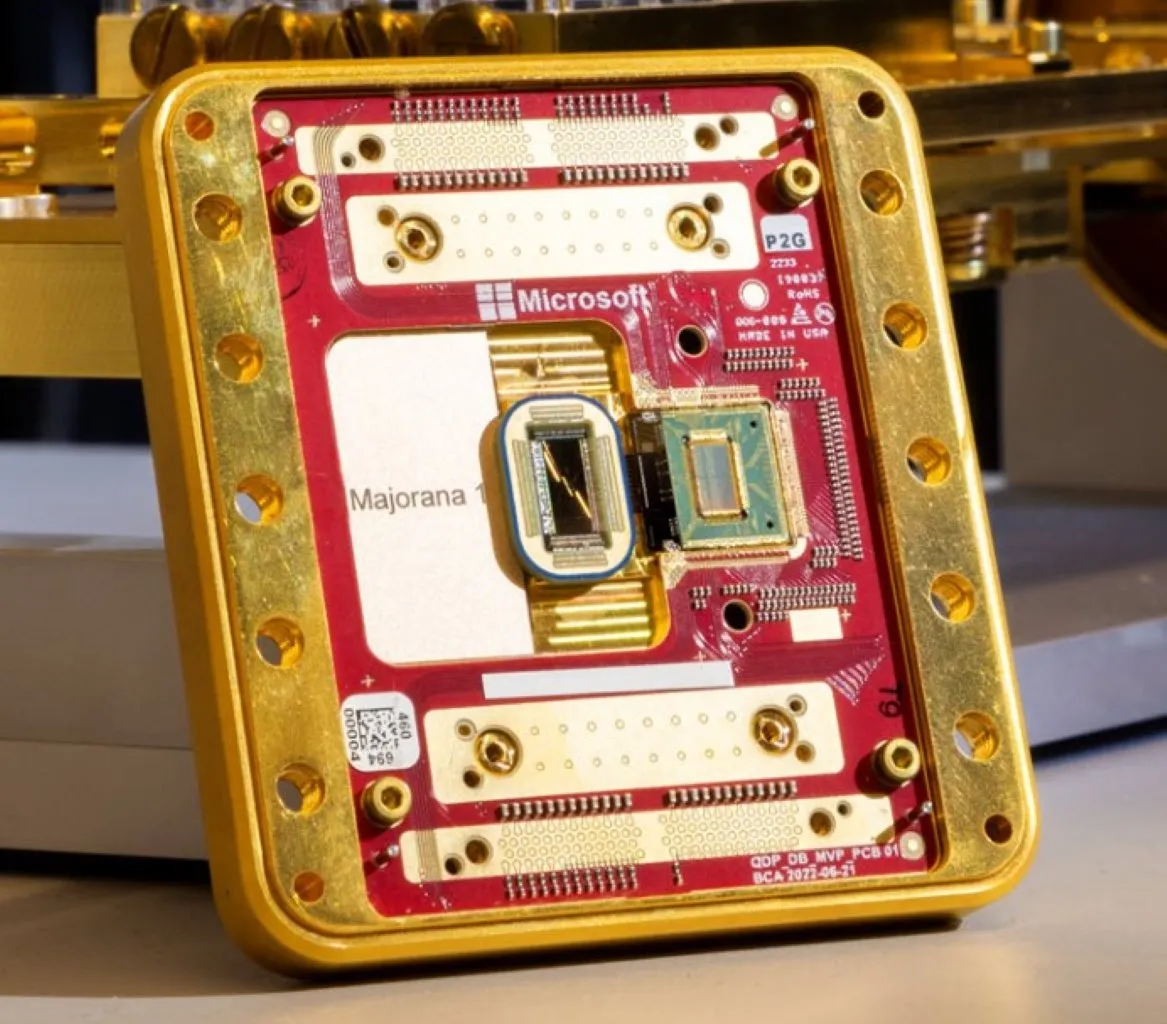




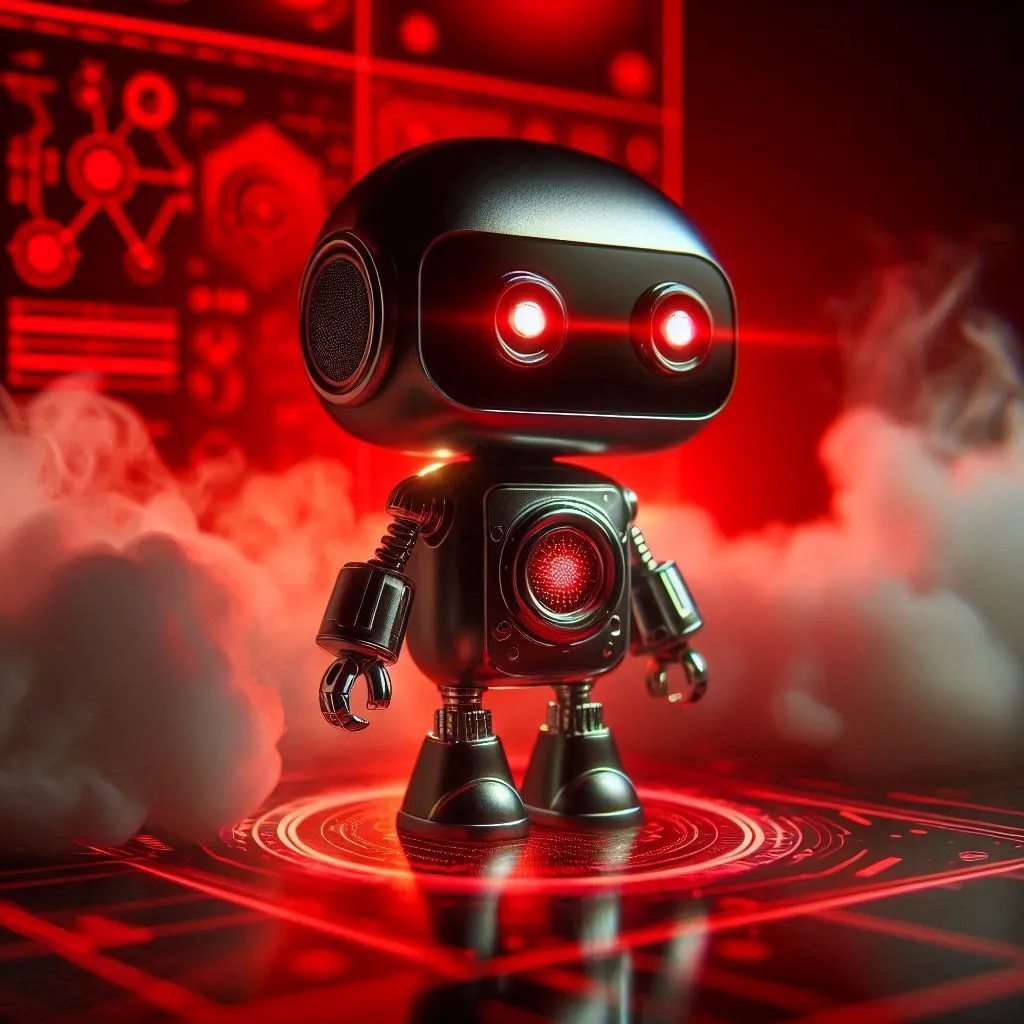












UNBIASED TECH NEWS
AI Reporting on AI - Optimized and Curated By Human Experts!
This site is an AI-driven experiment, with 97.6542% built through Artificial Intelligence. Our primary objective is to share news and information about the latest technology - artificial intelligence, robotics, quantum computing - exploring their impact on industries and society as a whole. Our approach is unique in that rather than letting AI run wild - we leverage its objectivity but then curate and optimize with HUMAN experts within the field of computer science.
Our secondary aim is to streamline the time-consuming process of seeking tech products. Instead of scanning multiple websites for product details, sifting through professional and consumer reviews, viewing YouTube commentaries, and hunting for the best prices, our AI platform simplifies this. It amalgamates and summarizes reviews from experts and everyday users, significantly reducing decision-making and purchase time. Participate in this experiment and share if our site has expedited your shopping process and aided in making informed choices. Feel free to suggest any categories or specific products for our consideration.
We care about your data privacy. See our privacy policy.
© Copyright 2025, All Rights Reserved | AI Tech Report, Inc. a Seshaat Company - Powered by OpenCT, Inc.








